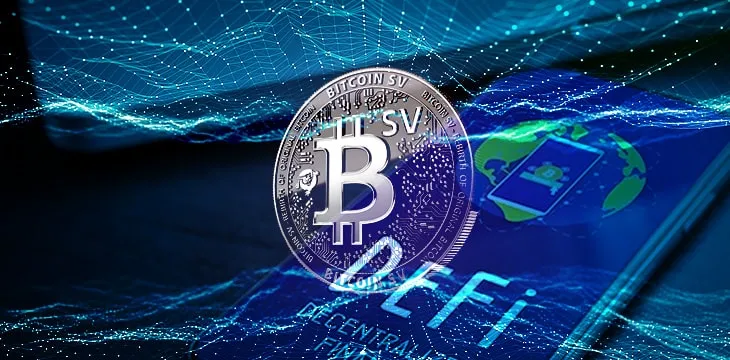|
Getting your Trinity Audio player ready...
|
The digital currency ecosystem has a problem, and that problem shows in DeFi. The problem is that a majority of the individuals in the digital currency industry are building projects with the goal of turning a profit. However, they do not care that their business will not be around in five years, that their business cannot scale, and that the network they build on suffers from high transaction fees and low transaction throughput—the reason that they don’t care is because they are making money.
Mark Wilcox, the founder of 21e8, summarizes the problem very nicely.
there's nothing wrong with making money
the problem is a market problem that makes building short term hype projects more valuable than building long term businesses
— mark (@mwilcox) August 14, 2020
The digital currency landscape and markets have somehow reached a state where they believe short-term, borderline illegal projects that make them millions in a few hours, are more valuable to create than long-lasting businesses on a regulatory friendly blockchain.
For example, consider one of the most recent DeFi projects—Spaghetti.Money. It’s very similar to several other projects in the DeFi space: its team decided to stay anonymous upon launch, its code was created by copying and pasting code from several other DeFi projects, it was launched without a code audit, and it raised over $200 million in less than 10 hours.
On their website, Spaghetti.Money even thanks YAM.Protocol for providing some of the code that they copy and pasted; however, Yam Protocol’s team considered YAM dead within two days of its launch due to a crucial bug they found in the Yam Protocol code.
Even Robert Leshner, the founder of DeFi platform Compound, thinks that the DeFi space is getting out of hand.
If https://t.co/9Kn1cUvYq8 has $500 million less than 36 hours after launch, the industry needs to self-regulate and stop launching these meme farming games. https://t.co/IyJSw9zS43
— Robert Leshner (@rleshner) August 18, 2020
Leshner says that if Spaghetti.Money raises over $500 million in 36 hours—which they are on track to do—that the DeFi space should self regulate and prohibit the launch of meme tokens—like Spaghetti money and Yam protocol—from launching.
How do we fix this market problem?
Like changing a person’s mind, the change will most likely come when the people realize there is a problem with their mindset and that their mindset leads them to obstacles. Until DeFi supporters and investors reach an obstacle that shows them that change is needed, or that a better blockchain, platform, and service exists elsewhere, we are unlikely to see change take place.
Jack Liu, founder of FloatSV and Relayx, had a good idea of when the shift will happen.
Bitcoin will get eye-popping traction only when you can make more money powered by Bitcoin than you could otherwise. https://t.co/0JLFle1M9H
— Jack 🇪🇸 🇭🇰 🇸🇬 🇨🇦 (@liujackc) August 14, 2020
For the DeFi degenerates, they are going to make the switch to Bitcoin if Bitcoin can make them more money than Ethereum can. I agree with Jack, ultimately, for individuals to become interested in a blockchain that allows them to build real, long-lasting businesses one of three things will need to happen:
- People realize that using Bitcoin will make them more money.
- People realize that using Bitcoin will significantly reduce their operating costs.
- People realize that using Bitcoin will make their operations more efficient.
As long as at least one of those things can take place, an individual will change their mind and make the switch to Bitcoin. If you have a slow and steady wins the race mindset and a long time horizon there is only one place to focus, Bitcoin will be the only blockchain around in the long run.

 07-05-2025
07-05-2025 





